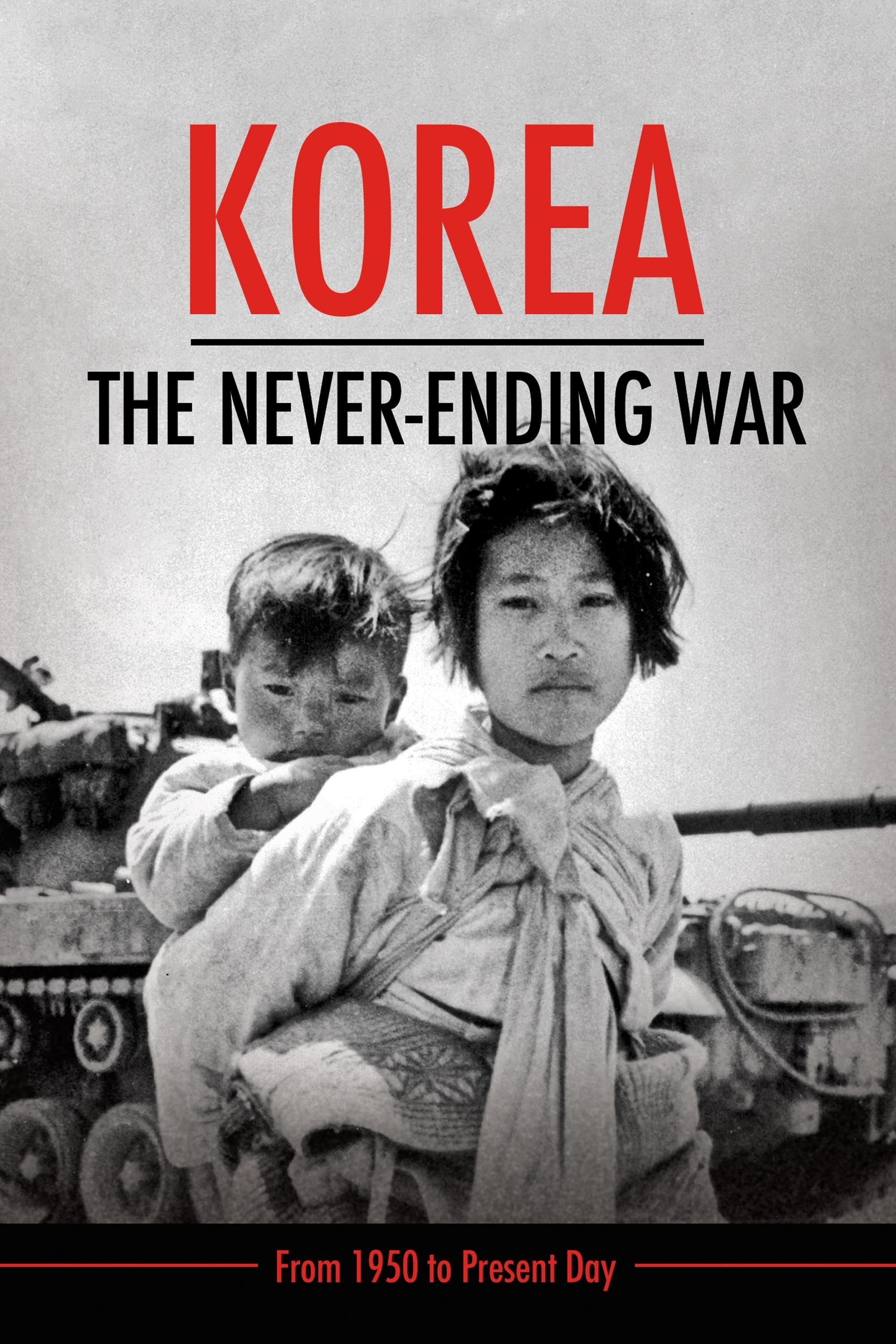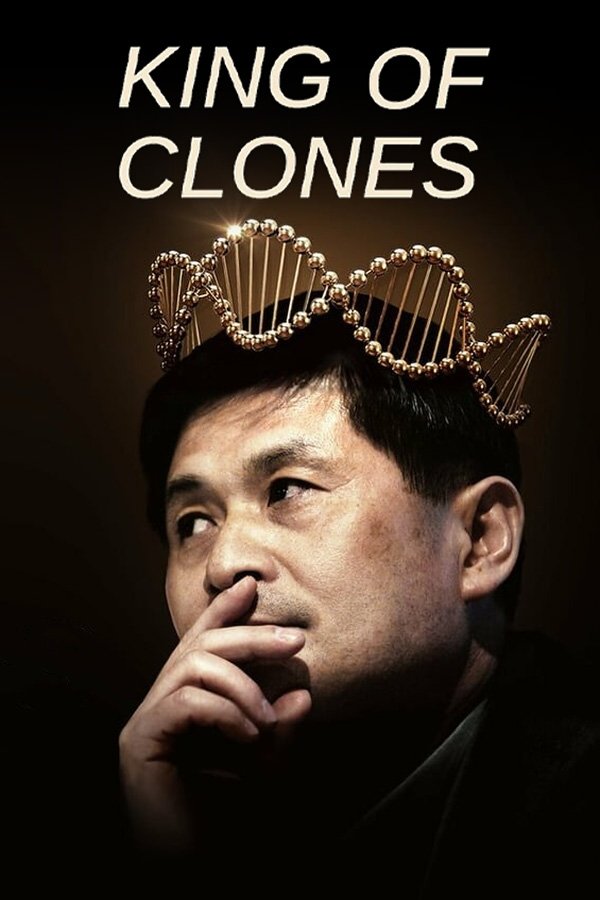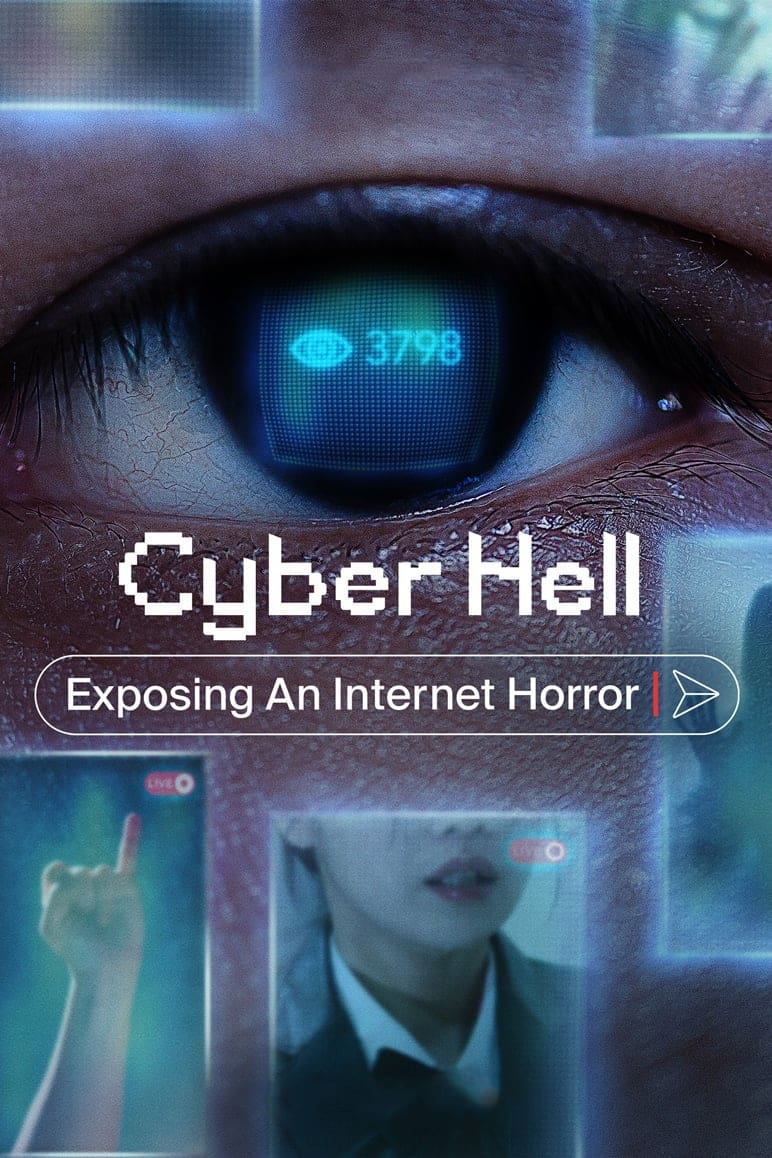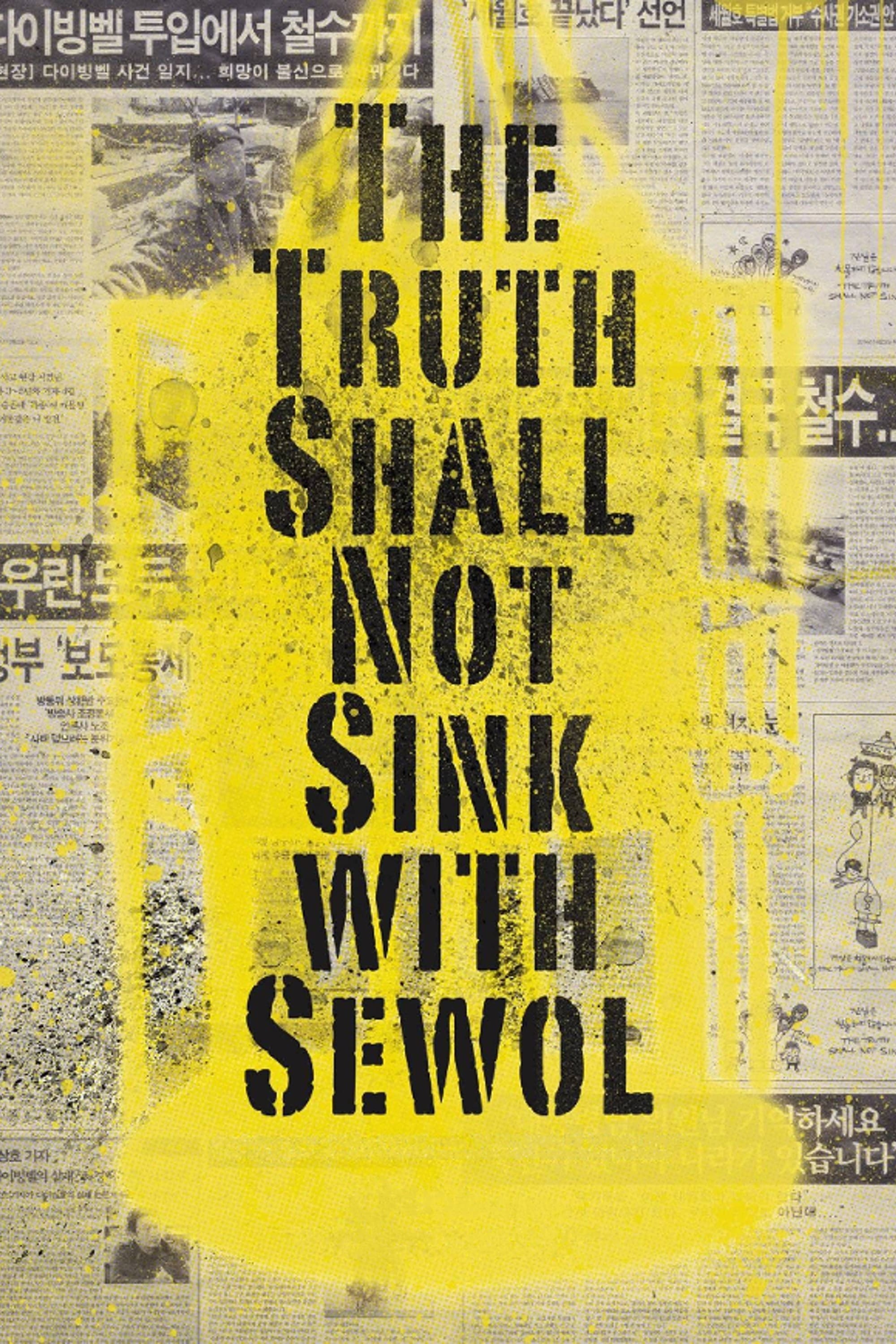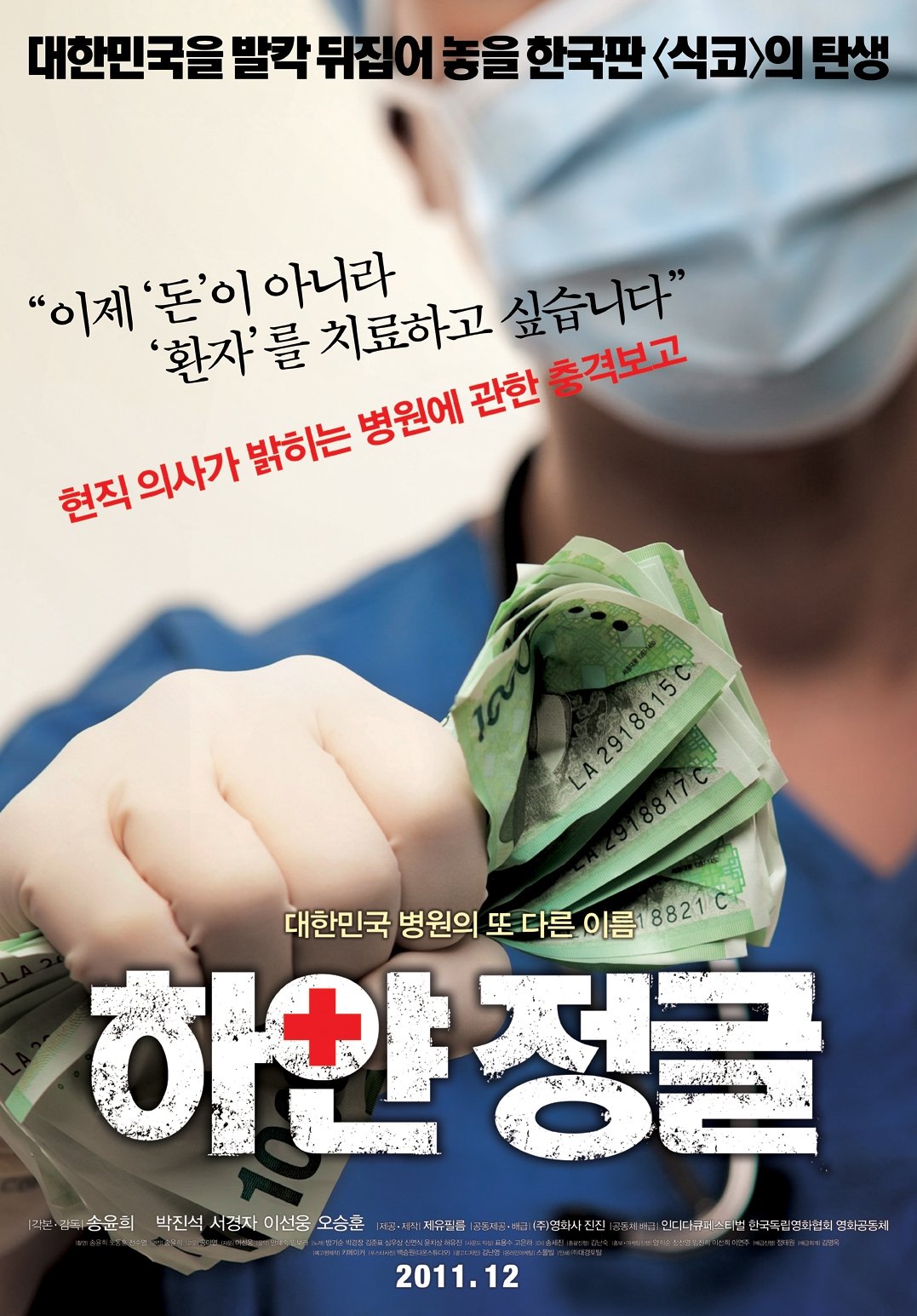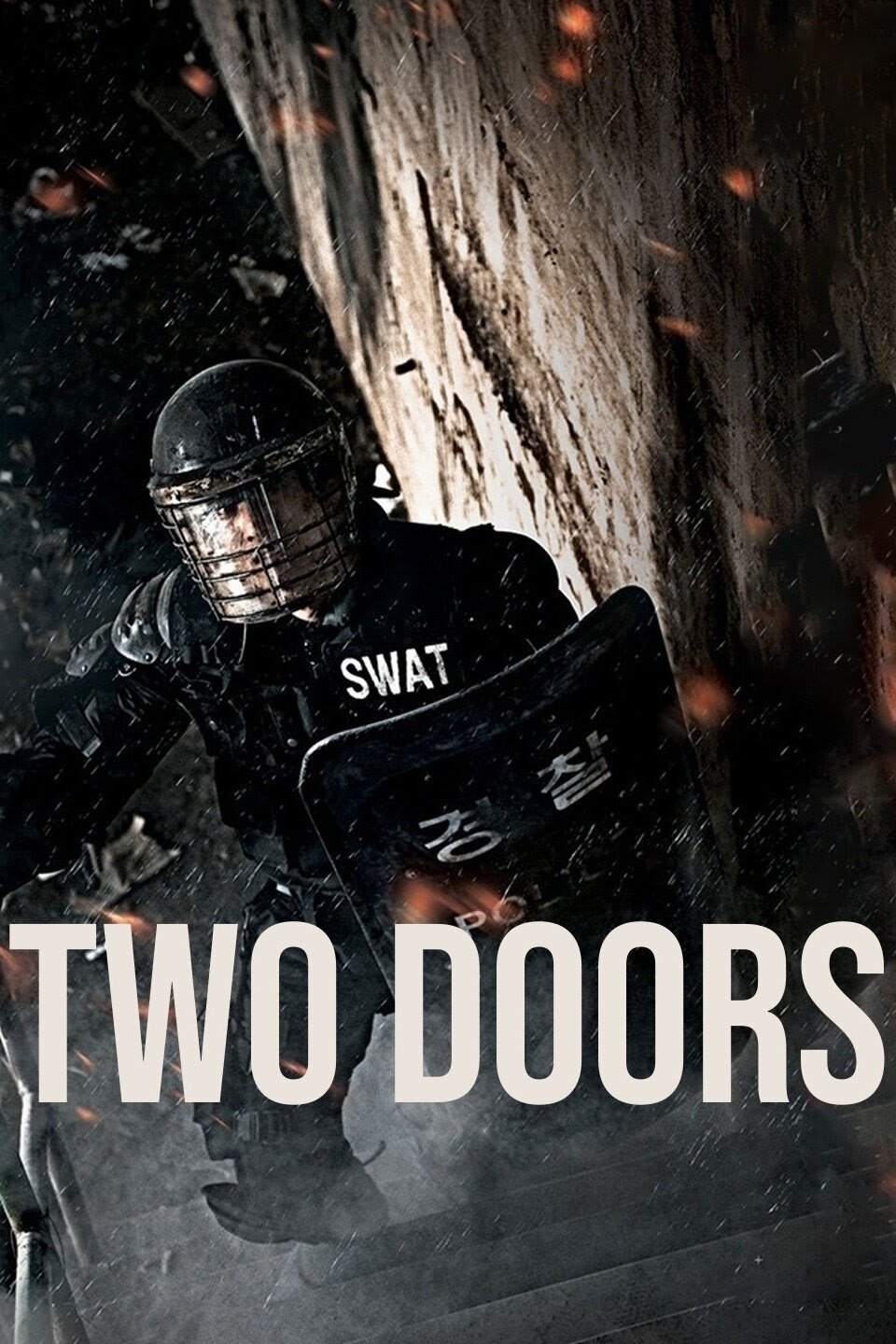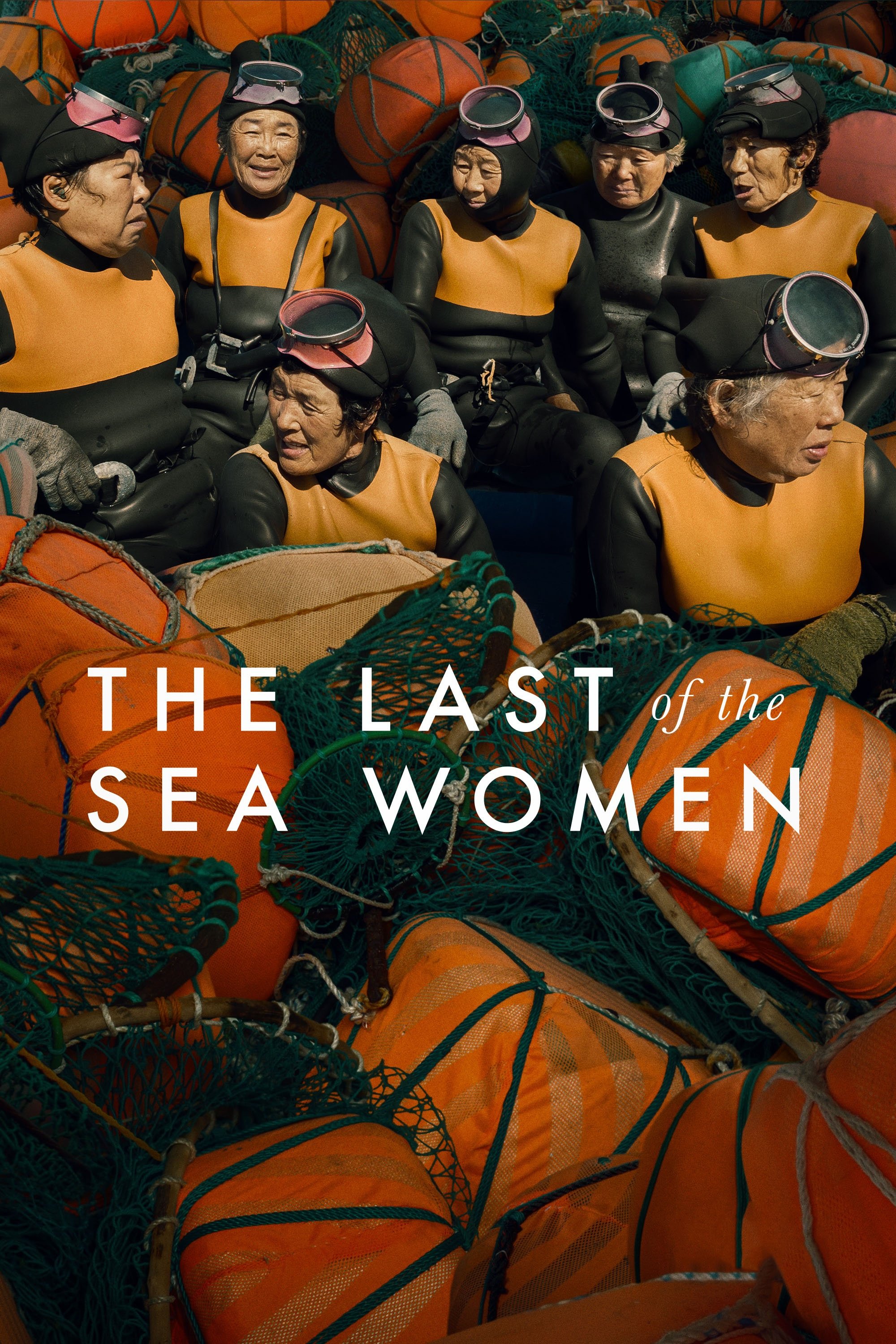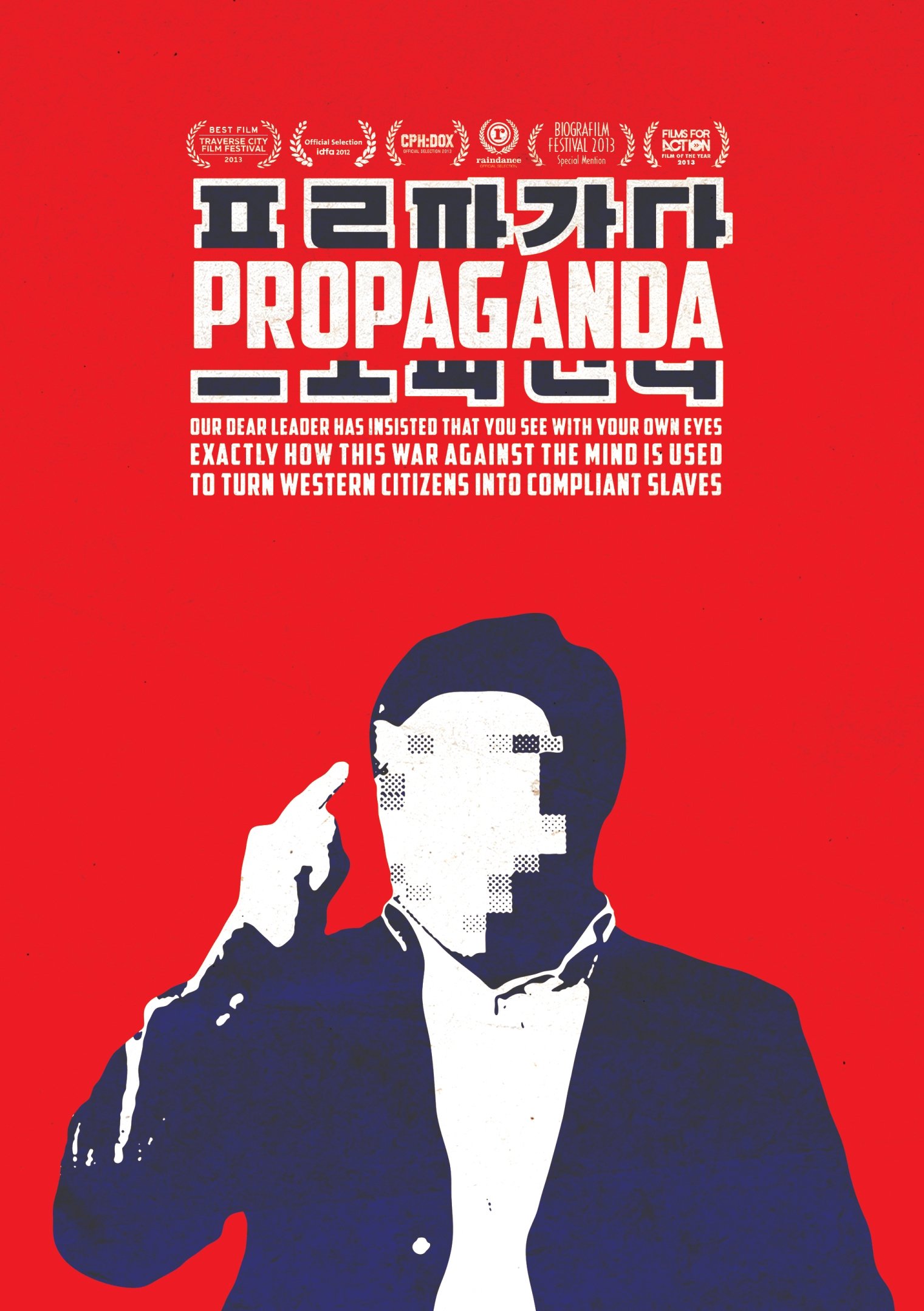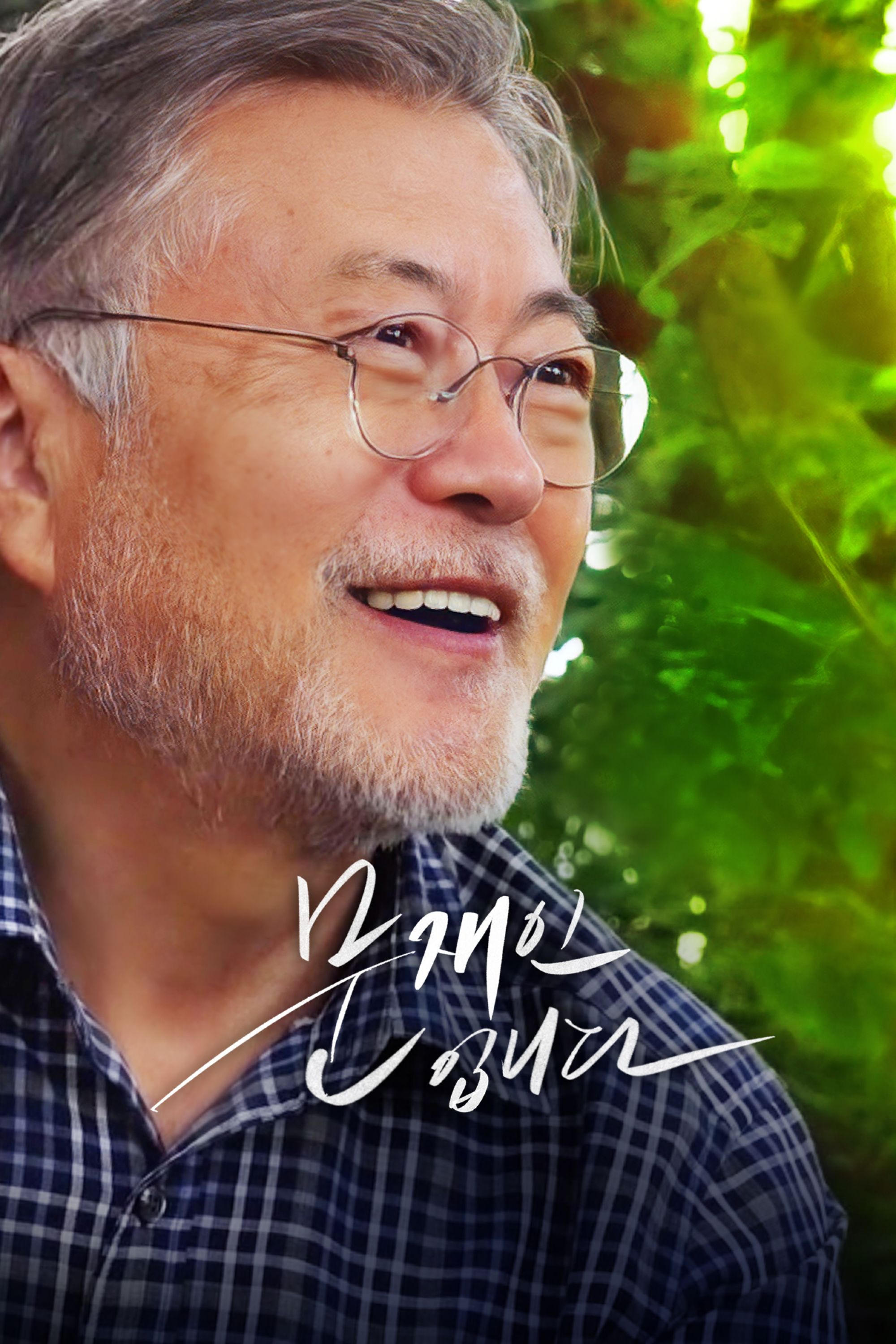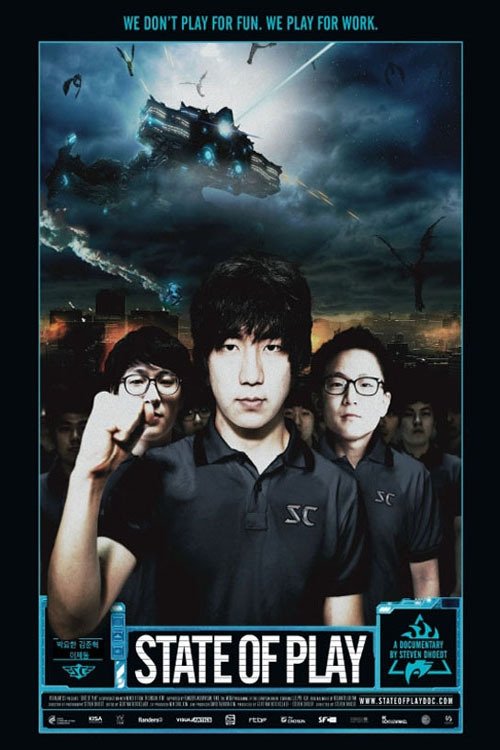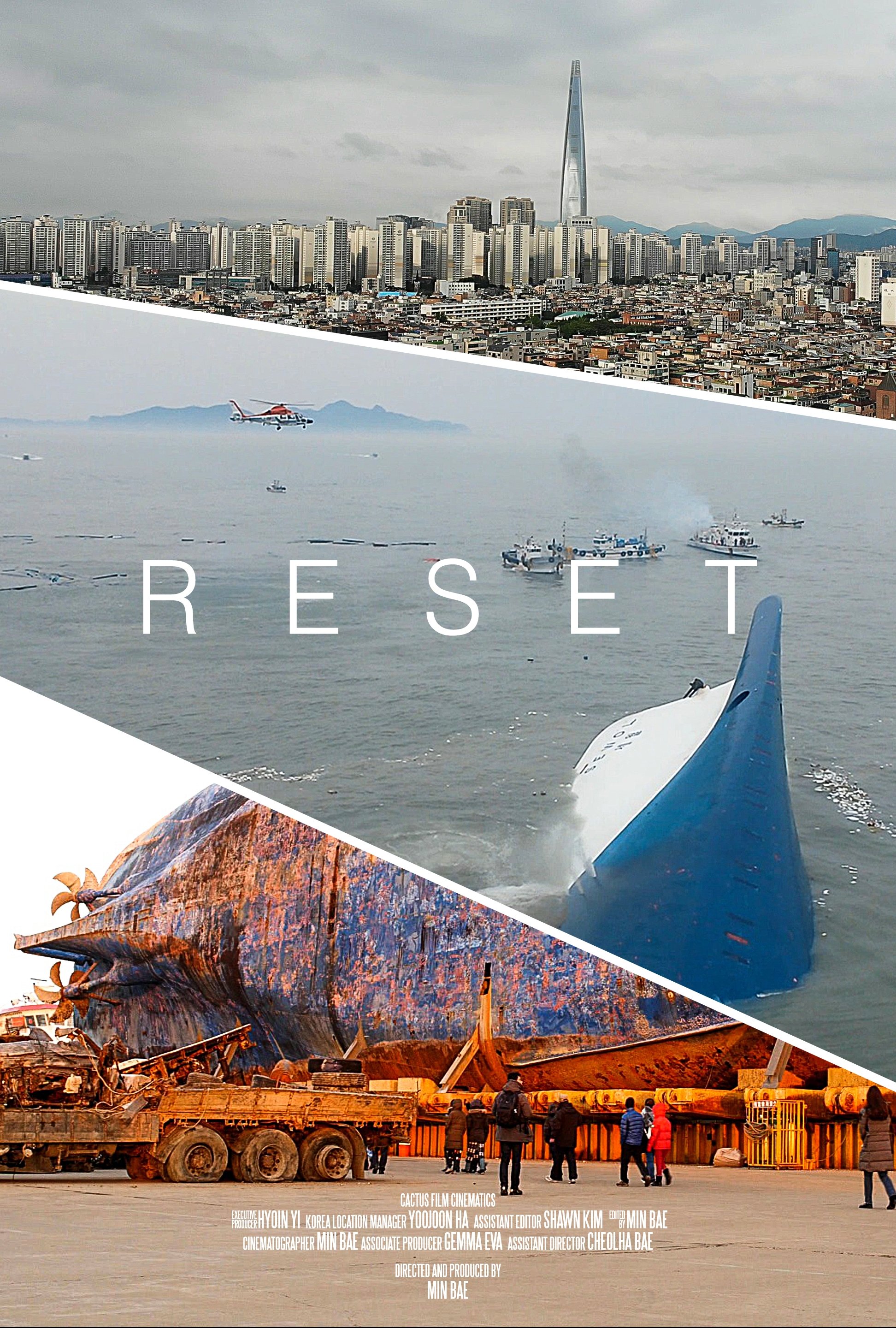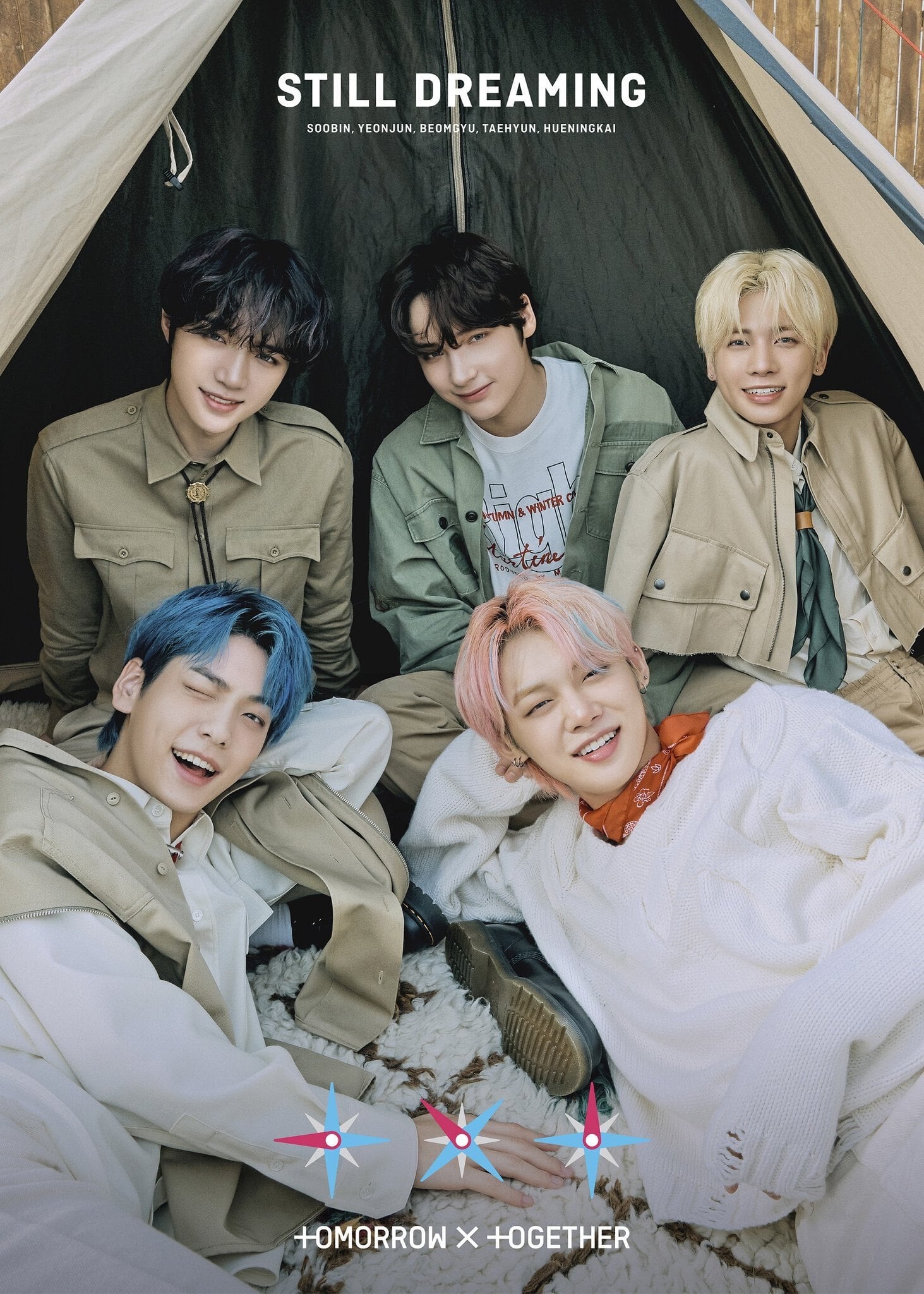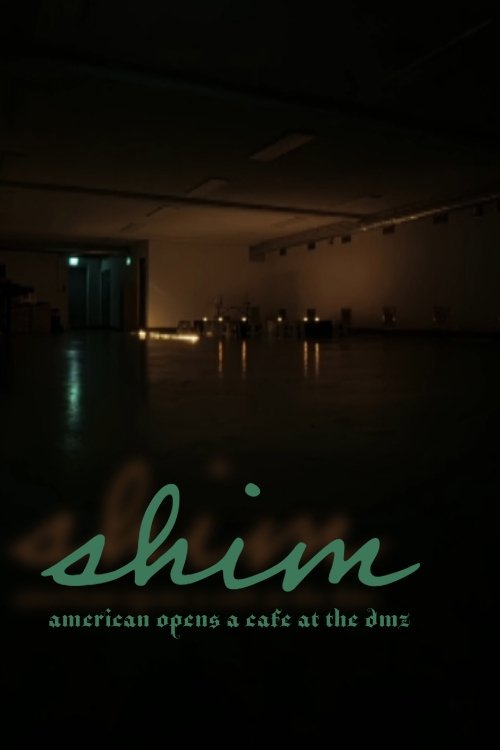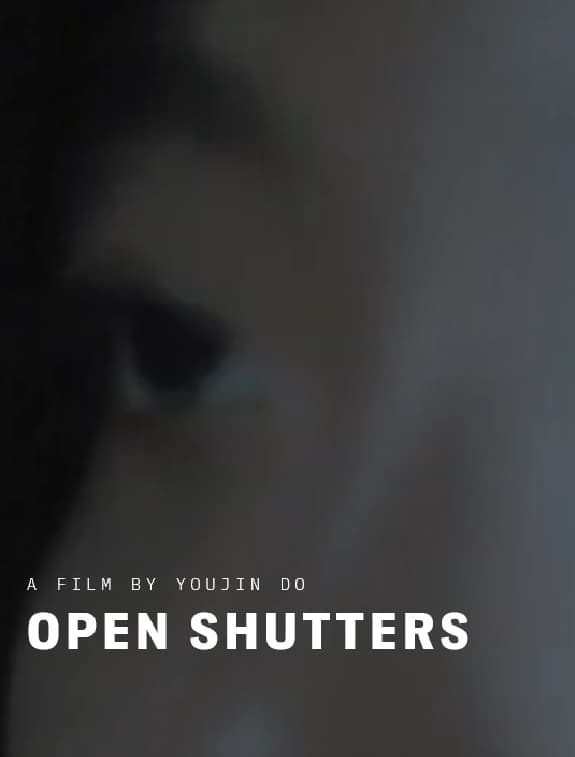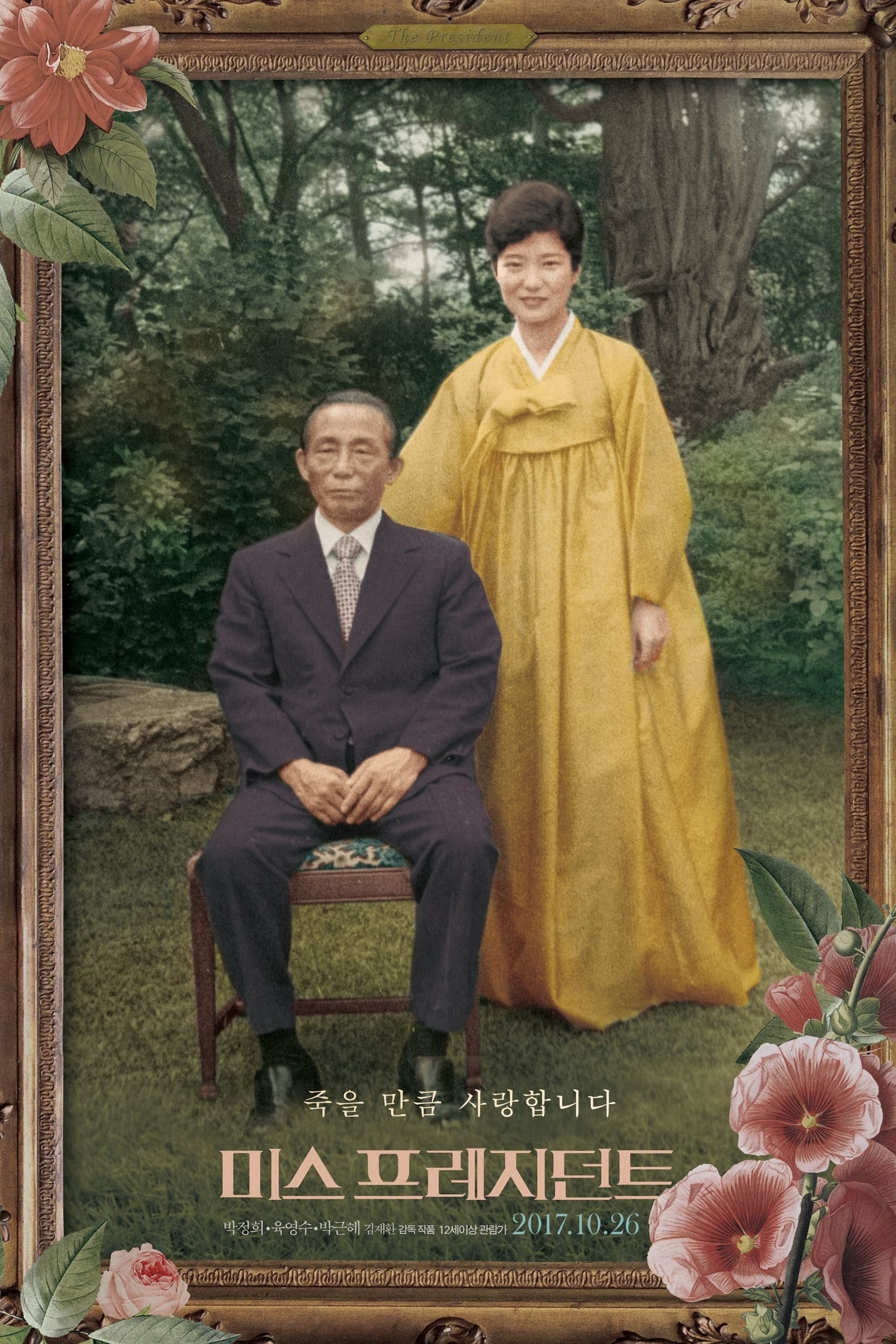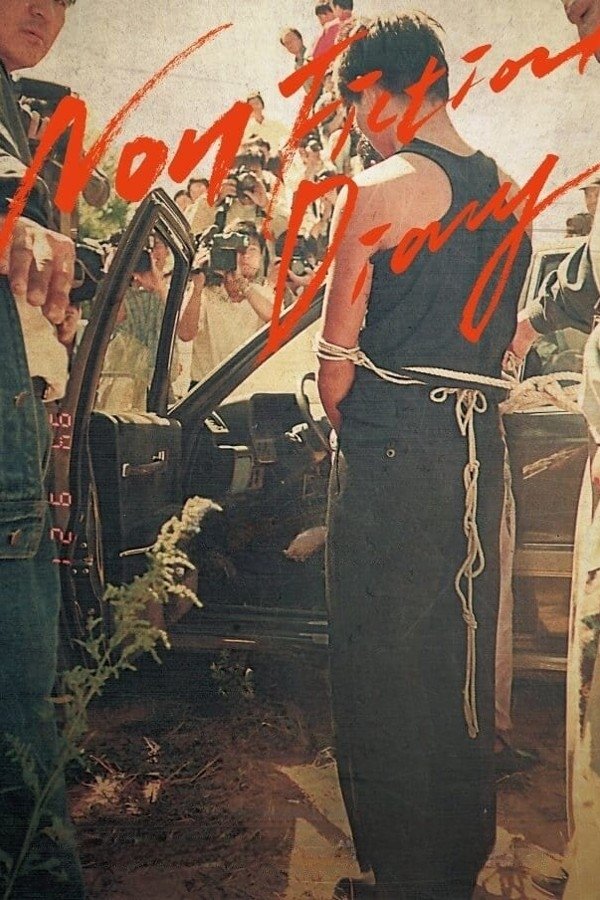Island Being (2007)
Overview
Sorokdo is an island of Korea where the scars of the wars are visible. Wars that sowed confusion, suffering and injustice in a society concentrated on its economic development.
Production Companies

Additional Info
| Budget | $0.00 |
|---|---|
| Revenue | $0.00 |
| Original Language | es |
| Popularity | 0.1039 |
Directed By
Crew
Eun Hee Ihm
Eun Hee Ihm
Eun Hee Ihm
Eun Hee Ihm
Diego González
TOP CAST
Similar Movies
Korea: The Never-Ending War
Shedding new light on a geopolitical hot spot, the film — written and produced by John Maggio and narrated by Korean-American actor John Cho — confronts the myth of the “Forgotten War,” documenting the post-1953 conflict and global consequences.
King of Clones
From groundbreaking human cloning research to a scandalous downfall, this documentary tells the captivating story of Korea's most notorious scientist.
Cyber Hell: Exposing an Internet Horror
Anonymous and exploitative, a network of online chat rooms ran rampant with sex crimes. The hunt to take down its operators required guts and tenacity.
In the Absence
When the MV Sewol ferry sank off the coast of South Korea in 2014, over three hundred people lost their lives, most of them schoolchildren. Years later, the victims’ families and survivors are still demanding justice from national authorities.
The Truth Shall Not Sink with Sewol
A documentary on the South Korean ferry disaster that claimed the lives of more than 300 passengers in April, 2014.
The House Is Black
Set in a leper colony in the north of Iran, The House is Black juxtaposes "ugliness," of which there is much in the world as stated in the opening scenes, with religion and gratitude.
White Jungle
It is year 2011 and the government still talks of economic growth through medical care under the table. In reality, common people cannot afford to go to a hospital. They are nothing but extra casts in a promotional film for showing. The reality is a white jungle where medical care has become the market of extreme commercialization and doctors and patients are just too familiar with the physiology of jungle life. New rules and regulations must be practiced in this jungle. The film finds a solution by looking at medical care not as a personal means of production but community welfare.
Two Doors
The documentary Two Doors traces the Yongsan Tragedy of 2009, which took the lives of five evictees and one police SWAT unit member. Left with no choice but to climb up a steel watchtower in an appeal to the right to live, the evictees were able to come down to the ground a mere 25 hours after they had started to build the watchtower, as cold corpses. And the surviving evictees became lawbreakers. The announcement of the Public Prosecutors’ Office that the cause of the tragedy lay in the illegal and violent demonstration by the evictees, who had climbed up the watchtower with fire bombs, clashed with voices of criticism that an excessive crackdown by government power had turned a crackdown operation into a tragedy.
The Last of the Sea Women
On the shores of Jeju Island, a fierce group of South Korean divers fight to save their vanishing culture from looming threats.
Propaganda
An anti-western propaganda film about the influences of American visual and consumption culture on the rest of the world, as told from a North Korean perspective.
This is the President
Why did Moon Jae-in, a human rights lawyer who hated politics, become president? During five years at the Blue House, why didn’t he use his power? Why did he just silently plant flowers while being sworn at by protesters? One by one, those who watched him reveal their hidden stories.
State of Play
A feature documentary about the world of South-Korean professional gamers. Every year thousands of South-Koreans flock to the game stadiums in Seoul to watch the Pro League, a live sports event where professional gamers compete to be the best at one single video game: Starcraft. It’s a title many young South Koreans dream of. The game itself is more than a decade old, almost ancient in the fast developing world of video games, but in South Korea it has become a national past-time. Like most specator sports, this world of eSports rapidly evolved in a multi-million dollar business. In this story, we follow 3 boys in different stages of their career as a Pro-Gamer in South Korea. For some it will be a struggle to stay on top of their game, for others it might be the turning point of their lives
Reset
On April 16th, 2014, the Sewol Ferry sank in South Korea, taking with it the lives of 304 of its 476 passengers. South Korea's worst maritime disaster traumatized a nation while simultaneously sinking the country's emotional spirit. The film asks why the rescue of Korea's children and people was neglected on the fateful day the Sewol sank.
TXT (TOMORROW X TOGETHER) STILL DREAMING
Still Dreaming is TXT's first Japanese studio album. It was released on January 20, 2021. It was released with an accompanying DVD with the music video for the Japanese version of 'Blue Hour' and the making of the music video with interviews.
Shim: American Opens a Cafe at the DMZ
A cafe is growing, tucked in to the mountainside air raid shelter of the DMZ borderlands. A light light flickers, illuminating the past, present, and future. I'll see you at the DMZ! Shim was a free, one-day pop-up cafe staged in Yangji-ri village’s air raid shelter at the Korean DMZ. Referencing Korean cafe culture’s fixation on third place, the DMZ’s evolution from security tourism, to ecological peace tourism, and its repurposing as art production site, Shim attempts to intervene and align the past and present. Yangji-ri was one of many minbuk propaganda villages established by the Park Chung Hee regime in the 1960s to showcase the farming bounty and prosperity of the south for a North Korean gaze. The village was formerly part of the Civilian Control Line (CCL) until 2013 when it was reterritorialized as a normal part of South Korea.
Open Shutters
While reporting on the rise of spy cam porn in South Korea, a crime that affects thousands each year, a journalist discovers that she too is being watched in her own home. She decides to speak out, joining a nationwide movement of women seeking protection from this frighteningly ubiquitous crime.
CNA Insider: Is Seoul To Blame For South Korea's Population Crisis?
South Korea's is facing a population crisis, with Seoul at the centre of it. The country’s capital remains the beneficiary of both internal and external migration. Instead, it is in the rural and peripheral areas where low birth rates and the aging population have become crises. The countryside is at risk of becoming extinct. As more opportunities and people get concentrated in Seoul, urban pressures have led to rising unemployment and cost of living. And when things get expensive, people do not have babies. Seoul now has the lowest birthrate in South Korea, in a country with the world’s most dire fertility. On the other hand, farms and factories in the rural areas desperately need workers. How can South Korea solve this population puzzle?
The Village
Far away from any other urban centers, Itapuã is a small community with the characteristics and rituals of everyday life. The location, which sheltered 1,454 people and has more than 70 years of existence remains with only 35 residents all over the age of 60. No one likes to remember what the place was in the past, even though for many the memory is etched on their bodies.
Mis-President
My father led a coup in 1961. Two years later, I became the president's daughter.
Non Fiction Diary
What happened in Korean society in the 1990s? The film starts with the Jijon-pa (Supreme Gangsters) case. The shocking story is narrated through the discussion by the two detectives who arrested the gangsters, of details of the roundup, data screens, and the death sentence. Nevertheless, Nonfiction Diary’s focus is not on the crime story. Starting from Jijon-pa onwards, the film reflects on the 1990s, when Korea digressed into contemporary history. The Seongsu Bridge and the Sampoong Department Store’s collapses are recalled, followed by the then-government’s punishment of the May 18 Uprising leaders, revealing the Korean legal system’s death penalty status, touching on political and power issues. The audience is reminded that today, 2013, is an extension of that same flow.
